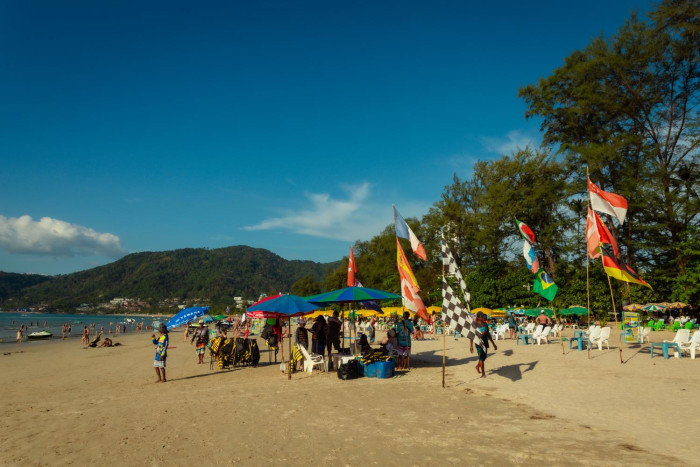Key Takeaways
- Phuket welcomed 4.16 million direct arrivals in the first 10 months, nearing 97.5% of pre-pandemic 2019 levels.
- Russian tourists led with 832,976 visitors, nearly double the arrivals from India and China.
- Hotel occupancy and room rates remain strong, with a 50% rate surge during the high season.
Phuket’s tourism recovery is outpacing the rest of Thailand, driven by a resilient mix of Asian and European visitors. Despite a national decline, the island’s direct arrivals grew year-on-year, with hotels maintaining strong performance during the peak season.
Phuket’s Arrival Figures Show Strong Recovery
As of October, direct tourist flights to Phuket reached 4.16 million, up from 4.09 million year-on-year. This represents 97.5% of the total arrivals recorded in 2019 before the pandemic.
Russia dominated as the top source market with 832,976 visitors. India followed with 488,387 arrivals, while China recorded 476,743 tourists. The top 10 markets were completed by Australia, the UK, Germany, Malaysia, South Korea, France and Kazakhstan.
National Tourism Picture Contrasts with Phuket
The Tourism and Sports Ministry reported nationwide arrivals decreased by 7.14% year-on-year to 27.6 million tourists as of November 10. Tourism revenue fell 4.5% to 1.27 trillion baht.
Nationally, Malaysia led with 3.9 million visitors, followed by China (3.8 million), India (2 million), Russia (1.4 million), and South Korea (1.3 million). The Asia-Pacific market contracted by 13.8% during the first three quarters, while Europe recorded 12% growth.
Strong Hotel Performance in High Season
Suksit Suvunditkul, president of the southern chapter of the Thai Hotels Association, reported Phuket’s average occupancy reached 75% in October with room rates at 3,049 baht. Both metrics showed improvement from the previous year.
For November and December, occupancy stands at 77% with room rates surging 50% compared to October. “The average room rate during this high season is expected to remain stable or experience a slight decrease compared to a very solid record in 2024,” said Mr Suksit.
Chinese Market Decline Affects Recovery
The Chinese market in Phuket remained weak, mirroring the national trend which saw a sharp 33% decline in the first three quarters. Mr Suksit attributed this to significantly reduced direct flights from second-tier Chinese cities, resulting in fewer mass tour groups.
According to October sentiment data, nationwide hotel occupancy averaged 63%, with expectations of reaching 67% in November. Thienprasit Chaiyapatranun, president of the Thai Hotels Association, noted hotels in the South and East continue to benefit from stronger long-haul markets.
He revealed that 74% of hotel operators reported drops in Chinese visitors, while only 37% were affected by decreases in long-haul markets during the fourth quarter.




